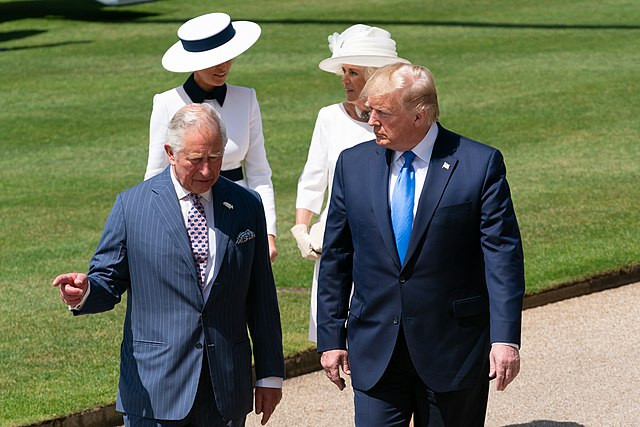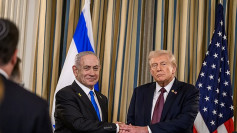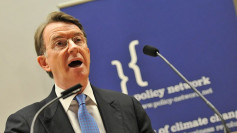Canadian Prime Minister Mark Carney has openly criticized King Charles III and the British government for inviting President Donald Trump to a second state visit to the United Kingdom, calling the timing "not coincidental" amid Trump's repeated claims that Canada should become the 51st U.S. state. The remarks add diplomatic weight to an already fraught transatlantic relationship as both the U.K. and Canada navigate relations with the American president.
Carney, who secured a full mandate in April after campaigning to confront Trump's rhetoric on sovereignty, expressed frustration during an interview with Sky News. "I think, to be frank, they [Canadians] weren't impressed by that gesture... given the circumstance," Carney said, referring to the February delivery of King Charles's letter by U.K. Prime Minister Keir Starmer to Trump at the White House. "It was at a time when we were being quite clear about the issues around sovereignty."
Trump, whose mother was born in Scotland, has frequently praised the British royal family. Following the delivery of the letter, he said: "I am honored by this invitation and look forward to strengthening the special relationship between our nations." The king's message proposed a preliminary meeting in Scotland ahead of the full state visit: "It would also offer a valuable chance to plan a historic second state visit to the United Kingdom," Charles wrote. "As you will know, this is unprecedented by a U.S. president."
Trump later confirmed in April that the visit could occur in September. "They're going to do a second, as you know, a second fest," Trump said. "It's beautiful, and it's the first time it's ever happened to one person... I'm a friend of Charles."
The controversy is particularly sensitive in Canada, where Charles is also king and constitutional head of state. Carney emphasized that Charles's scheduled participation in Canada's state opening of Parliament on May 27-his first such visit in nearly 50 years-was deliberate. "All issues around Canada's sovereignty have been accentuated by the president. So no, it's not coincidental, but it is also a reaffirming moment for Canadians," Carney said.
While some observers in the U.K. have described Starmer's overtures to Trump as savvy diplomacy-especially amid efforts to finalize a post-Brexit trade agreement with Washington-others argue it risks alienating allied leaders. "Every country had to decide how to conduct its relations with other countries," British Minister Pat McFadden told Sky News in response to Carney's objections.
Carney also dismissed Trump's annexation rhetoric as wishful thinking, stating: "He was expressing a desire. He'd shifted from the expectation to a desire for that to happen." When asked whether Trump still discusses the idea, Carney replied, "Does he still muse about it? Perhaps. Is it ever going to happen? No. Never."
The invitation marks the first time a British monarch has extended a second state visit to a sitting U.S. president. Starmer, who has pledged increased defense spending and deeper bilateral ties, reportedly told Trump in February: "His Majesty the king wants to make this even better than that [the last], so this is truly historic."
Carney's public criticism signals a widening rift within the Commonwealth regarding the king's dual symbolic role. The silence from Buckingham Palace on the annexation issue, coupled with ceremonial overtures to Trump, has raised concerns in Ottawa about the monarchy's evenhandedness.






